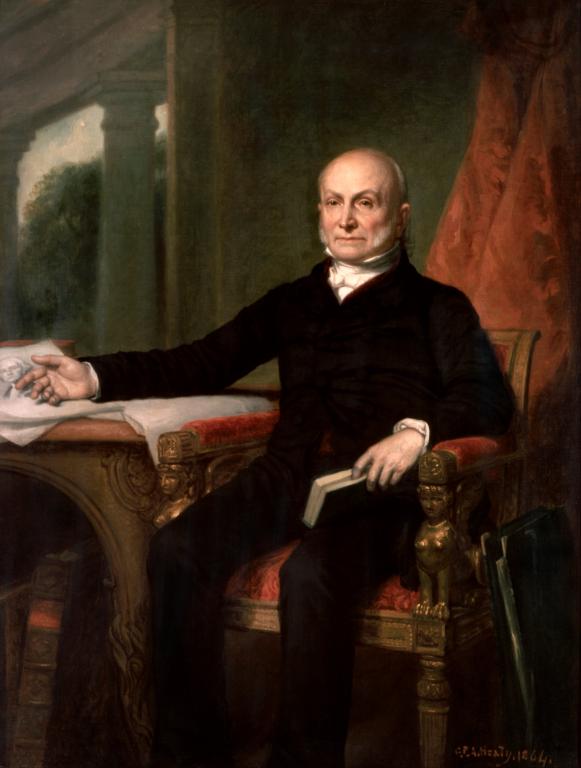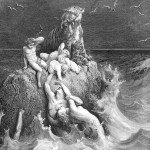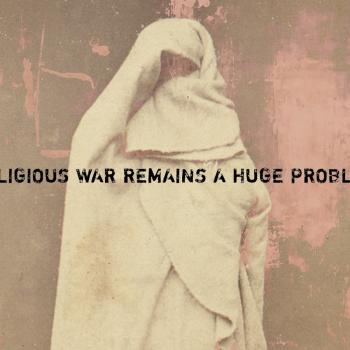John Quincy Adams

“Is it not that in the chain of human events, the birthday of the nation is indissolubly linked with the birthday of the Savior? That it forms a leading event in the progress of the Gospel dispensation? Is it not that the Declaration of Independence first organized the social compact on the foundation of the Redeemer’s mission upon earth? That it laid the cornerstone of human government upon the first precepts of Christianity?” – John Quincy Adams
VERDICT: Deliberately cut short
“Is it not that, in the chain of human events, the birth day of the nation is indissolubly linked with the birthday of the Saviour? That it forms a leading event in the progress of the gospel dispensation? Is it not that the Declaration of Independence first organized the social compact on the foundation of the Redeemer’s mission upon earth? That it laid the corner stone of human government upon the first precepts of Christianity, and gave to the world the first irrevocable pledge of the fulfilment of the prophecies, announced directly from Heaven at the birth of the Saviour and predicted by the greatest of the Hebrew prophets six hundred years before?” – John Quincy Adams
This is from a speech JQA gave on July 4, 1837, and to answer his questions: no – our government is in no way based on Jesus’ birthday, his gospel, his mission, or the precepts of Christianity. Nor did we fulfill vague biblical prophecies, or heavenly announcements for which there is no evidence except hearsay. Our nation is not founded on Judeo-Christian principles.
Hobby Lobby has done some strange editing. They disingenuously end the last question in the quote early. JQA’s true quote rambles on with religious nonsense, including fulfilling prophecies, prophets, and announcements from Heaven:
“That it laid the cornerstone of human government upon the first precepts of Christianity, and gave to the world the first irrevocable pledge of the fulfillment of the prophecies, announced directly from Heaven at the birth of the Saviour and predicted by the greatest of Hebrew prophets six hundred years before?”
Presumably Hobby Lobby cut the quote off early because it is religious nonsense and they didn’t wish to seem silly.
Incidentally, JQA discusses the “two-fold” object of the Declaration later on the same page and he failed to mention a religious purpose. The purposes are:
“First, to proclaim the People of the thirteen United Colonies, one People, and in their name, and by their authority, to dissolve the political bands which had connected them with another People, that is, the People of Great Britain. Secondly, to assume, in the name of this one People, of the thirteen United Colonies, among the powers of the earth, the separate and equal station, to which the Laws of Nature, and of Nature’s God, entitled them.”
It’s almost as if he needed to get the religious stuff out of the way before getting to the true purpose and foundation of our country.
Oh, and the phrase, “the Law’s of Nature of Nature’s God” was originally Jefferson’s and he was referring to natural law, which he did not think supernatural. He thought that “a free people claiming their rights” derived those rights “from the laws of nature.” Thomas Jefferson, A Summary View of the Rights of British America (1774). He was explicit regarding the natural, not supernatural, foundation of rights: “Questions of natural right are triable by their conformity with the moral sense & reason of man. Those who write treatises of natural law, can only declare what their own moral sense & reason dictate in the several cases they state.” Thomas Jefferson, Opinion on French Treaties (Apr. 28, 1793) (emphasis added). So no, the Declaration is not a religious document and did not found a Christian nation.
Finally, John Quincy Adams was, like his father, a Unitarian — a fairly liberal sect that denies the trinity, among other things. This liberality shows up in his diary:
“When I observe into what inconsistent absurdities those persons run who make speculative, metaphysical religion a matter of importance, I am fully determined never to puzzle myself in the mazes of religious discussion, to content myself with practising the dictates of God and reason so far as I can judge for myself, and resign myself into the arms of a Being whose tender mercies are over all his works.” John Quincy Adams, Life in a New England Town, 1787-1788: The Diary of John Quincy Adams, (Ed. Charles Francis Adams, Little, Brown 1903).
Source: John Quincy Adams, An Oration Delivered Before the Inhabitants of the Town of Newburyport (July 4, 1837). Here’s a transcript of the speech and a short video explaining why our nation is not founded on Judeo-Christian principles.















